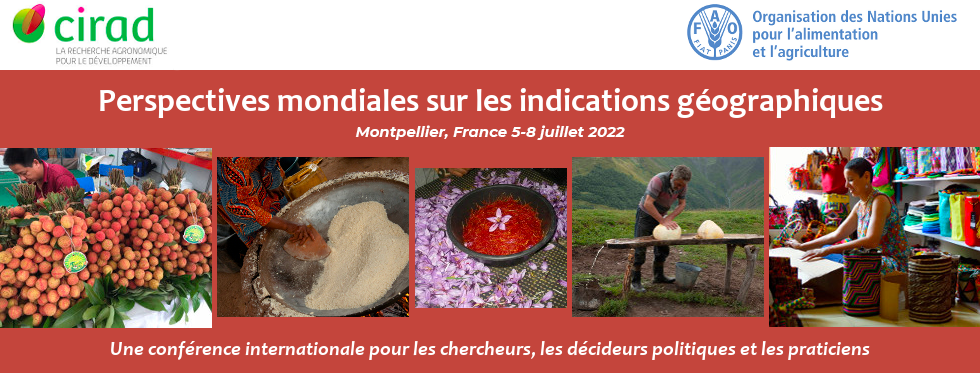The products, which link the quality to geographical origin and tradition, can also act as drivers for sustainable value chains and territorial development. Furthermore, consumers also value both locally produced food and food imported from traditional production regions. The European Commission has adopted as a part of its policy on food quality, a scheme program for agricultural food products, wines and alcoholic beverages. These quality schemes aim to encourage diverse agricultural production and protect product names from misuse and imitation. They also function as quality cues for consumers when they choose food items. In the global context, the term “geographical indication system” is used.
As quality system labels are consumer labels, there are grounds to known in what extent consumers are aware of the existence of these labels and understand their meaning. Although some surveys have been conducted in Europe concerning the EU quality labels, the focus has been mainly in southern European countries. Therefore there is a need to gain wider understanding about this quality system, and study consumer awareness of these labels of origin e.g. in Finnish context as well.
The aim of the study was to find out the consumer awareness of the EU food quality labels in Finland. The study was conducted as a face-to-face consumer survey (N=1004). The consumers were given a recognition task in order to identify three EU quality scheme labels, two national labels of origin and EU organic label. Additionally, one invented label of origin was presented as a control. The results of the study showed that the perception of the national labels and the EU organic label was significantly better than the EU quality labels and even the invented fake label was better recognized.



